
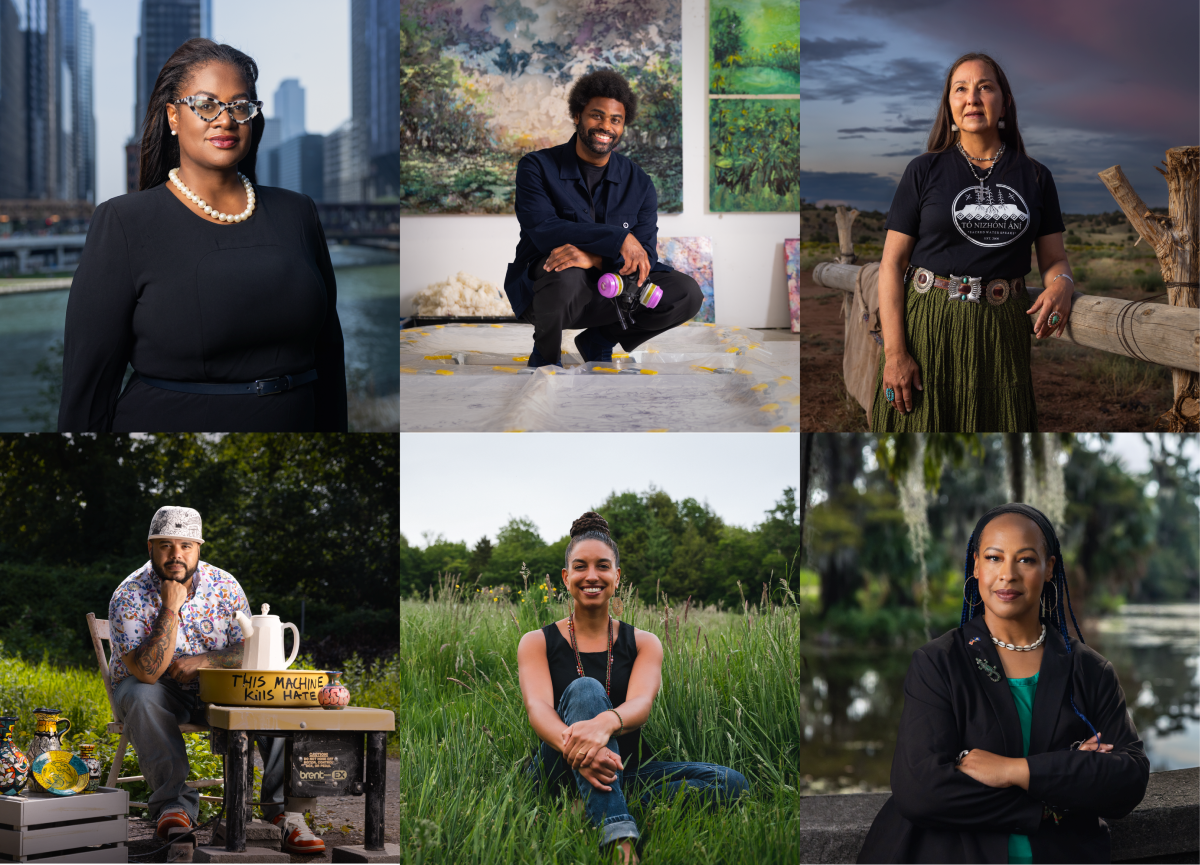
Heinz Family Foundation Announces $1.5 Million in Awards
Press Release
September 19, 2023
From Safeguarding the Navajo Nation’s Natural Resources and Exploring Generational History Through Art, to Championing an Equitable Climate Transition, Economic Prosperity and Social Justice, 28th Heinz Awards Recipients Embody Altruistic Leadership
PITTSBURGH, September 20, 2023 — The Heinz Family Foundation today announced the recipients of the 28th Heinz Awards, which will present cash awards totaling $1.5 million to six Americans for outstanding contributions in the categories of the Arts, the Economy and the Environment. Two awards will be given per category. As part of the accolade, each recipient receives an unrestricted cash prize of $250,000.
Created to honor the memory of the late U.S. Senator John Heinz, the Heinz Awards recognize excellence and achievement in areas of great importance to Senator Heinz. The 28th annual awards bring the total number of recipients to 171 and reflect more than $31 million in monetary awards given since the program was launched in 1993.
This year’s recipients by category are:
Arts
Kevin Beasley, Visual Artist, New York, New York
Working across sculpture, sound and performance, Kevin Beasley’s artworks are inspired by his personal experiences of grappling with history, generational memory, power and race in America. Constructed with culturally relevant ephemera, materials, and sounds into the installations to further activate the experience of the work, he engages multiple senses to address complex American histories that are steeped in our shared generational memories. His sculptures layer these objects, preserved in resin, as “slabs” arranged as landscapes and painterly abstract works, clothing suspended in the form of absent figures and satellite dishes that alter the acoustics of the spaces they occupy. Sound, a powerful and consistent tool in Mr. Beasley’s practice, amplifies the physicality of his works, adding a tactile experience to his installations and performances. Their vibrations are felt in the body as much as their sources are seen and their sounds heard. These combined elements offer viewers a deeper way to contend with the stories within.
Roberto Lugo, Visual Artist, Philadelphia, Pennsylvania
Roberto Lugo is a ceramicist, activist, poet and educator based in Philadelphia. A self-described “ghetto potter,” his wheel-thrown pottery of traditional European and Asian vessel forms are canvases for his portraits and ornate street art designs. Depicting narratives about social resistance movements, hip-hop culture and his own Puerto Rican and African heritage, they feature overglaze paintings of his heroes, ranging from Stacey Abrams to Beyoncé. Mr. Lugo’s work has been exhibited and commissioned by institutions such as the Brooklyn Museum and the New Orleans Museum of Art. Mr. Lugo often takes a host institution’s collection of traditional fine and decorative art objects and uses them as a springboard for building contemporary iterations for his own exhibitions. While these pots mirror superficial design elements of artworks created for wealthy patrons, they speak to poverty and social injustice as well as the accomplishments of individuals who have overcome such hurdles and gone on to inspire generations. Mr. Lugo shares his love of ceramics outside of his studio practice both by serving as an assistant professor of ceramics at Temple University and by often taking his potter’s wheel out onto city sidewalks to encourage strangers to give it a try, hoping to spark the same joy and confidence it affords him.
Economy
Kathryn Finney, Author and Managing General Partner, Genius Guild, Chicago, Illinois
Kathryn Finney is boldly breaking down barriers that have long hindered Black and Brown women from entering the tech startup ecosystem. Prior to launching the Genius Guild, she repeatedly experienced being the only Black person in the room at tech events and being rejected by investors not interested in funding Black women. In response, Ms. Finney founded the social enterprise digitalundivided (DID) to foster economic development by, as she describes, “investing where others won’t, championing what others don’t and doubling down on opportunities that others consider small bets to bridge the digital divide.” Now recognized as one of the most influential women in tech, Ms. Finney has since innovated, led, advocated for and started programs that foster economic, financial and social opportunities for BIPOC-owned businesses across the U.S. She is the managing general partner of Genius Guild, a multimillion-dollar venture firm that invests in high-growth startups that use the social determinants of health framework to build market-driven solutions in the health care industry. A Yale University-trained epidemiologist, Ms. Finney is dedicated to building a new pipeline of talent and economic growth on the core premise that true innovation cannot be achieved without diversity.
Leah Penniman, Co-Founder, Soul Fire Farm, Petersburg, New York
The co-founder of Soul Fire Farm and author of “Black Earth Wisdom: Soulful Conversations with Black Environmentalists” (2023) and “Farming While Black: Soul Fire Farm’s Practical Guide to Liberation on the Land” (2018), Leah Penniman is committed to teaching regenerative farming best practices and land stewardship to Black, Indigenous and people of color and to addressing racism and injustice in the food system. Her 80-acre family farm has evolved into a nonprofit that works to reconnect people of color to the land by training the next generation of farmers and to promote equity in food access. Soul Fire Farm also provides youth education programs, urban plantings, mobilization training and a community-supported agriculture program. To increase the number of farms owned and operated by people of color, Mx. Penniman developed the Soul Fire Farming Immersion program, which teaches farming skills steeped in traditional, spiritual and sustainable methods, along with courses on business management, marketing and carpentry. Mx. Penniman is also engaged in calling for the expansion of farm-to-community nutrition incentive programs that give low-income individuals and families living under food apartheid more buying power for and access to fruits and vegetables.
Environment
Nicole Horseherder, Co-Founder, Tó Nizhóní Ání (TNA), Kykotsmovi, Arizona
Nicole Horseherder is an energy justice leader working to protect the water, air and landscapes of the Navajo Nation. Ms. Horseherder, Diné, of the Navajo Nation, is the co-founder and executive director of the nonprofit TNA (Sacred Water Speaks), which works to protect the aquifers, streams and land of Black Mesa, Arizona, and to bring power back to Indigenous communities suffering the environmental effects of decades of coal extraction and industry waste. After discovering that the aquifer sustaining Indigenous populations in Black Mesa was being drained of millions of gallons of water per day to transport coal slurry, TNA worked to shut down mining operations, successfully ending industrial use of the aquifer that serves as the region’s only source of drinking water. Though mining has stopped, the impacts remain, and with a depleted aquifer, polluted land and less precipitation due to climate change, TNA is now focused on the decommissioning and complete cleanup of industrial sites. Its approach includes the repatriation of artifacts and ancestral remains removed when mining began and financing a just transition to clean energy production and transmission. Ms. Horseherder has testified before the U.S. House Natural Resources Subcommittee on Energy and Mineral Resources regarding deficiencies in the cleanup of closed coal mines and the need to ensure that reclamation efforts are enforced.
Colette Pichon Battle, Co-Founder, Taproot Earth, Slidell, Louisiana
Climate justice organizer and human rights lawyer Colette Pichon Battle is the co-founder and vision & initiatives partner of the nonprofit Taproot Earth and former executive director of the Gulf Coast Center for Law & Policy (GCCLP). Ms. Pichon Battle founded GCCLP in the aftermath of Hurricane Katrina, during which Black and Indigenous communities in Alabama, Mississippi and Louisiana were largely left out of the federal recovery system. Recognizing that for the fight for equity in climate disaster recovery to achieve justice, legal power would need to be strategically linked to people power. To accomplish this, GCCLP provided relief and legal assistance to survivors across the region, and human rights violations that occurred post-Katrina became actionable items for movement building. In 2022, Ms. Pichon Battle transitioned GCCLP’s work to fuel Taproot Earth, which is creating connections and power across issues, and to expand to Appalachia and geographies across the globe. At Taproot Earth, she is advancing ecological equity in communities that lack the resources to combat environmental degradation, receive inadequate support in preparing for and recovering from natural disasters, and are at high risk due to increasing ocean temperatures and intensity of hurricanes and sea level rise.
“Though distinctly unique in their work and life experiences, each recipient of the 28th Heinz Awards demonstrates an unwavering vision for a better world, upheld by years of dedication and perseverance to achieve positive change,” says Teresa Heinz, Chairman of the Heinz Family Foundation. “From shedding new light on our history as Americans and on the injustices affecting our people, our communities and our land, to breaking down barriers to economic opportunity, they show us the tremendous ripple of impact one person can have. Each exemplifies the qualities that my husband, John Heinz, held in highest regard: intellectual curiosity; an informed optimism; a passion for excellence; a willingness to take on risks; and the joyous belief that individuals have the power and the responsibility to change the world for the better.”
Recipients of the 28th Heinz Awards will be honored in October in Pittsburgh. For more information on the awardees, visit www.heinzawards.org.
# # #
About the Heinz Awards
Established by Teresa Heinz in 1993 to honor the memory of her late husband, U.S. Senator John Heinz, the Heinz Awards celebrates the accomplishments and spirit of the Senator by recognizing the extraordinary achievements of individuals in the areas of greatest importance to him. The Awards, administered by the Heinz Family Foundation, currently recognize individuals for their contributions in the areas of the Arts, the Economy and the Environment. Nominations are submitted by invited experts, who serve anonymously, and are reviewed by jurors appointed by the Heinz Family Foundation. The jurors make recommendations to the Board of Directors, which subsequently selects the Award recipients. For more information on the Heinz Awards, visit www.heinzawards.org.
Contact:
Maya Brod / 301-467-4917 / mbrod@burness.com
Abby Manishor / 917-539-3308 / amanishor@burness.com

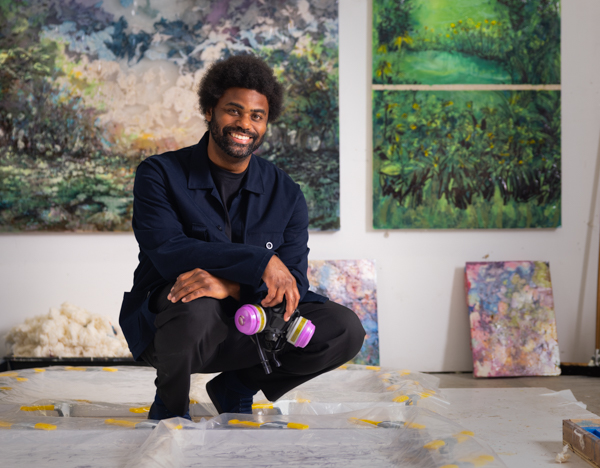.jpg)
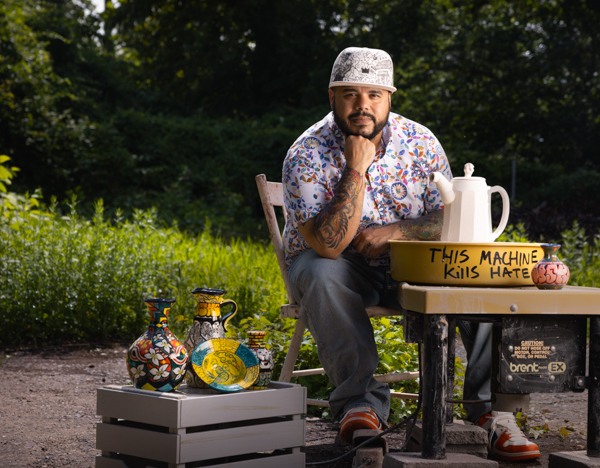.jpg)
.jpg)
.jpg)
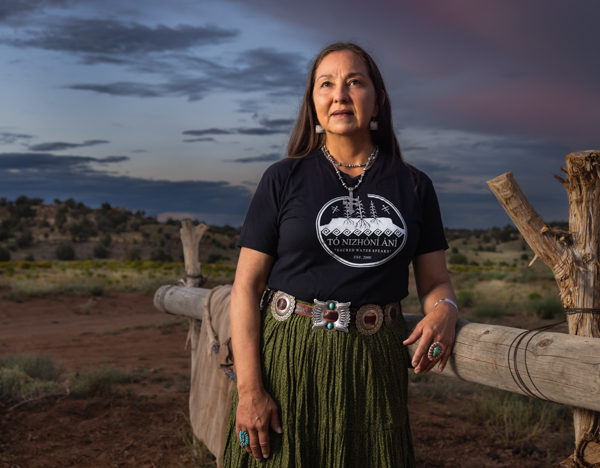.jpg)
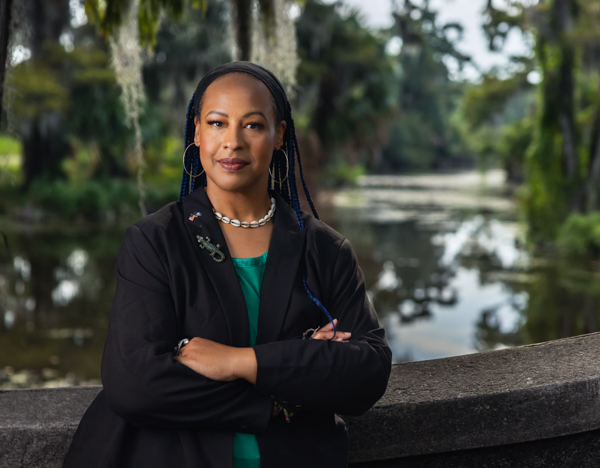.jpg)
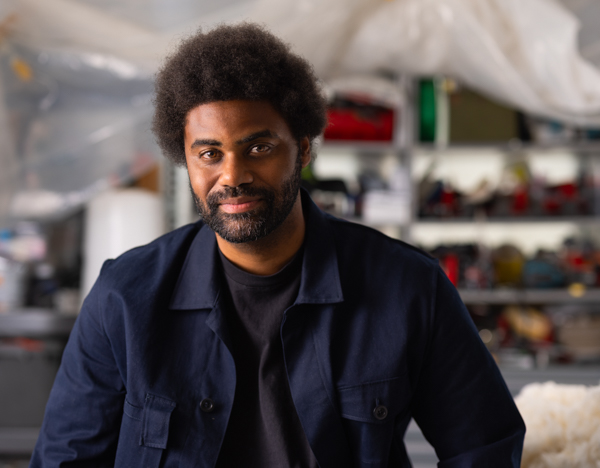.jpg)
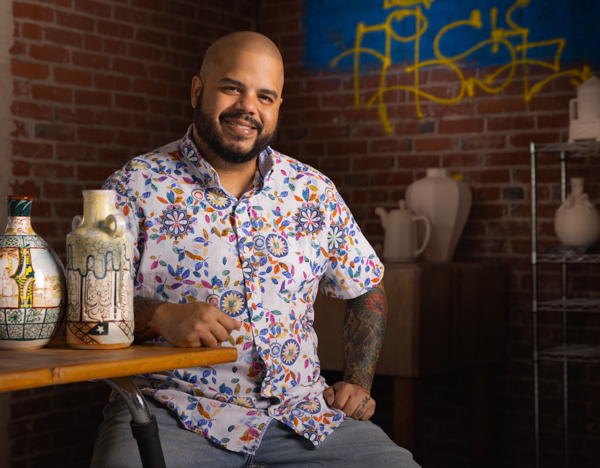.jpg)
.jpg)
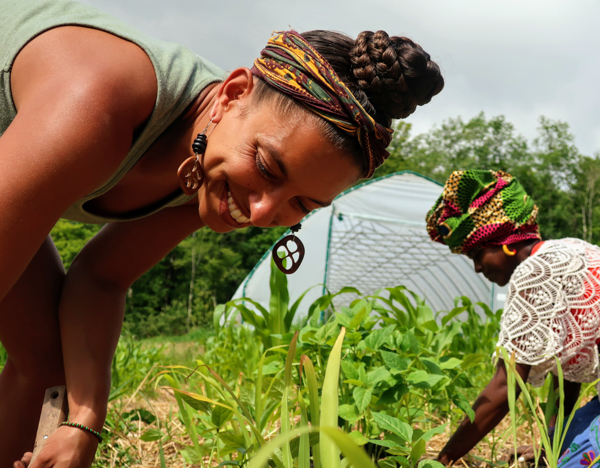.jpg)
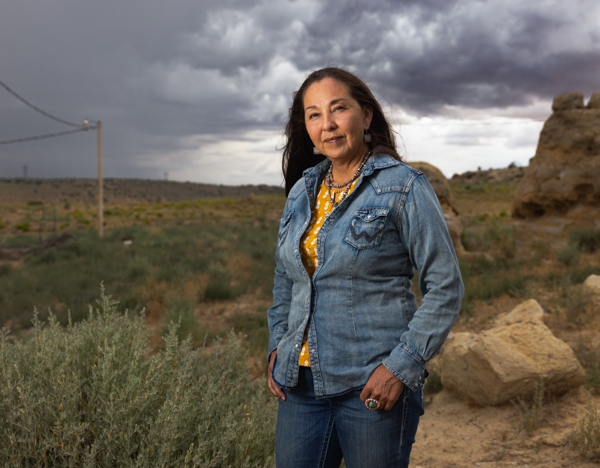.jpg)
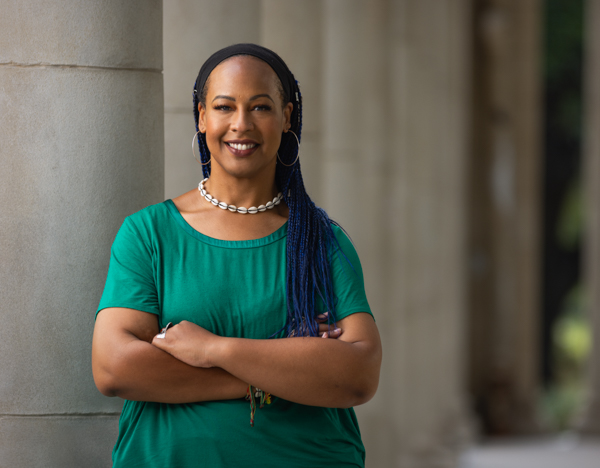.jpg)